RELATED ARTICLE
Phoenix: Just Be Yourself
The Criterion Collection

Christian Petzold’s films are like dances in which people circle each other but never quite connect. The most resonant moments in the German writer-director’s work are not ones of dialogue or plot development but of blocking and choreography: bodies intertwining, eyes meeting, a forearm placed at just the right angle. Filled with isolated characters living on the margins of society and in the transit zones of contemporary Europe, his quietly simmering dramas bring the ghosts of history into conversation with the anxieties of modern life.
Petzold got his start at the German School of Film and Television, where he studied under the late experimental filmmaker Harun Farocki, who would go on to become a frequent collaborator. The director then honed his craft as a founding member of the Berlin School, a loose filmmaking movement that emerged in the nineties as a politically charged alternative to the light entertainments the German movie industry was producing in the 1990s. His films—including an acclaimed trilogy he refers to as “Love in the Time of Oppressive Systems”: Barbara (2012), Phoenix (2014) and his latest, Transit (2018)—show his deep knowledge of cinema history and eclectic taste, and often pay subtle homage to the movies he loves, including the masterpieces of Alfred Hitchcock, the romantic melodramas of Douglas Sirk, and low-budget mind-benders like Edgar G. Ulmer’s Detour and Herk Harvey’s Carnival of Souls. But his use of influence goes far beyond mere allusion: it’s the way he strips genre down to essential elements of rhythm and atmosphere that makes his work so distinctive.
While Petzold was in town last week for the kick-off of a career retrospective at the Film Society of Lincoln Center (running through next Thursday), I spoke with him about his complex relationship to his cinematic inspirations and the process of making Transit, which reimagines Anna Seghers’s 1944 novel about a German refugee who assumes the identity of a dead writer.
After seeing Transit, reading the book, revisiting your films, then going back to the book again, I was struck by just how much the atmosphere of the novel can be found throughout your body of work. I know you and Harun Farocki spent a lot of time with it over the years. Can you tell me a bit about how you interpreted the novel cinematically, once you decided to approach it head-on?
Before I wanted to make a movie out of the book, Harun and I spent fifteen years reading it together. But after I decided to make a movie out of it, I never read it again. When I’m writing, I like to not revisit the original book.
I’ve read that Eisenstein and Rossellini had really big beds because that’s where cinema starts for them, on the borderline between being awake and dreaming. You can often find people in movies reclining on their sofas in the middle of the afternoon—that is the cinema time of day. So with Transit I wrote down what I could remember from the book, what was important to me, without reading Anna Seghers’s work again. Later I was astonished that my friends said that some scenes were exactly like the book.
You’re clearly a voracious cinephile, and your films all have their own echoes of cinema’s past. I’m wondering where it all began. What was the first film you fell in love with?
I must say, it was The Jungle Book (1967), when I was seven years old. I’m not joking! I lived in a small town and my parents left me at the cinema because they wanted to buy something or have lunch by themselves. The film made such a big impression because it’s filled with colors and choreography. And it actually has something to do with Transit in that there is also a boy at the center of it who doesn’t have any parents and is all by himself. That resonated very deeply with me.
Did you go to the cinema often when you were growing up?
The cinema closed two weeks after I saw that. In all the small towns in Germany, cinemas were closing, like in Peter Bogdanovich’s The Last Picture Show. So there was no cinema there anymore, but my parents would take us to the next big city. Then, when I was sixteen and in school, there was a new boy in our class who came from a big city and had books that I hadn’t read, including Hitchcock/Truffaut. From the moment I read that, I was a cineaste.
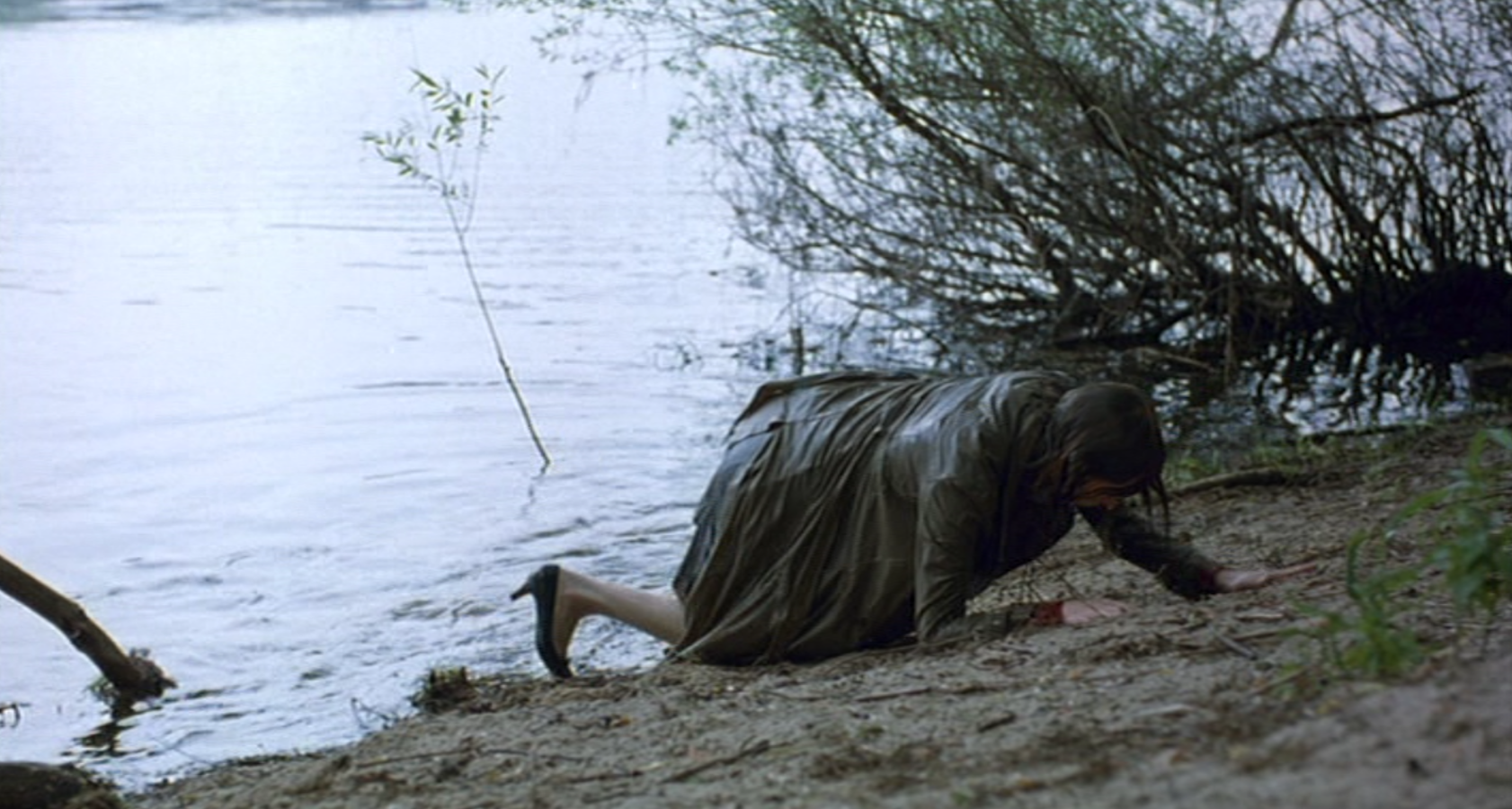
Yella
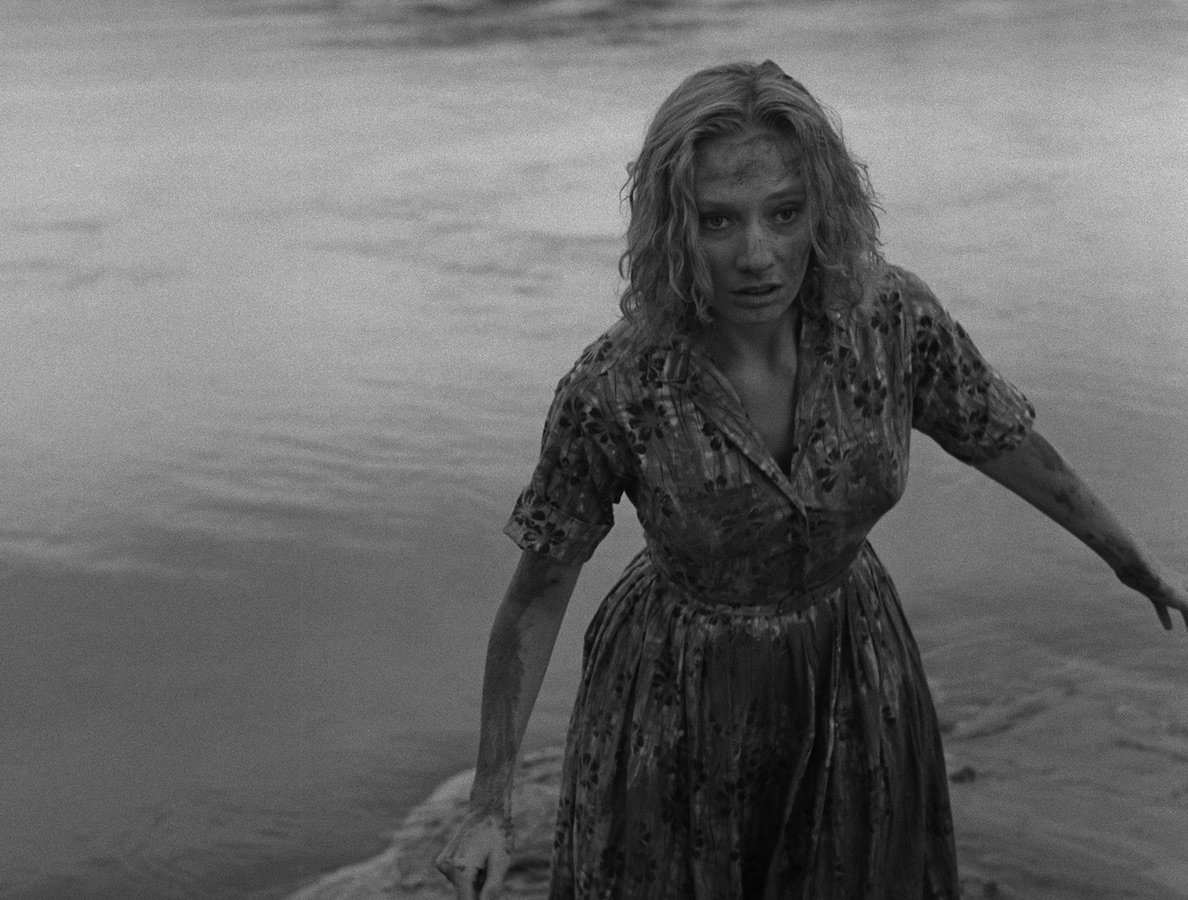
Carnival of Souls
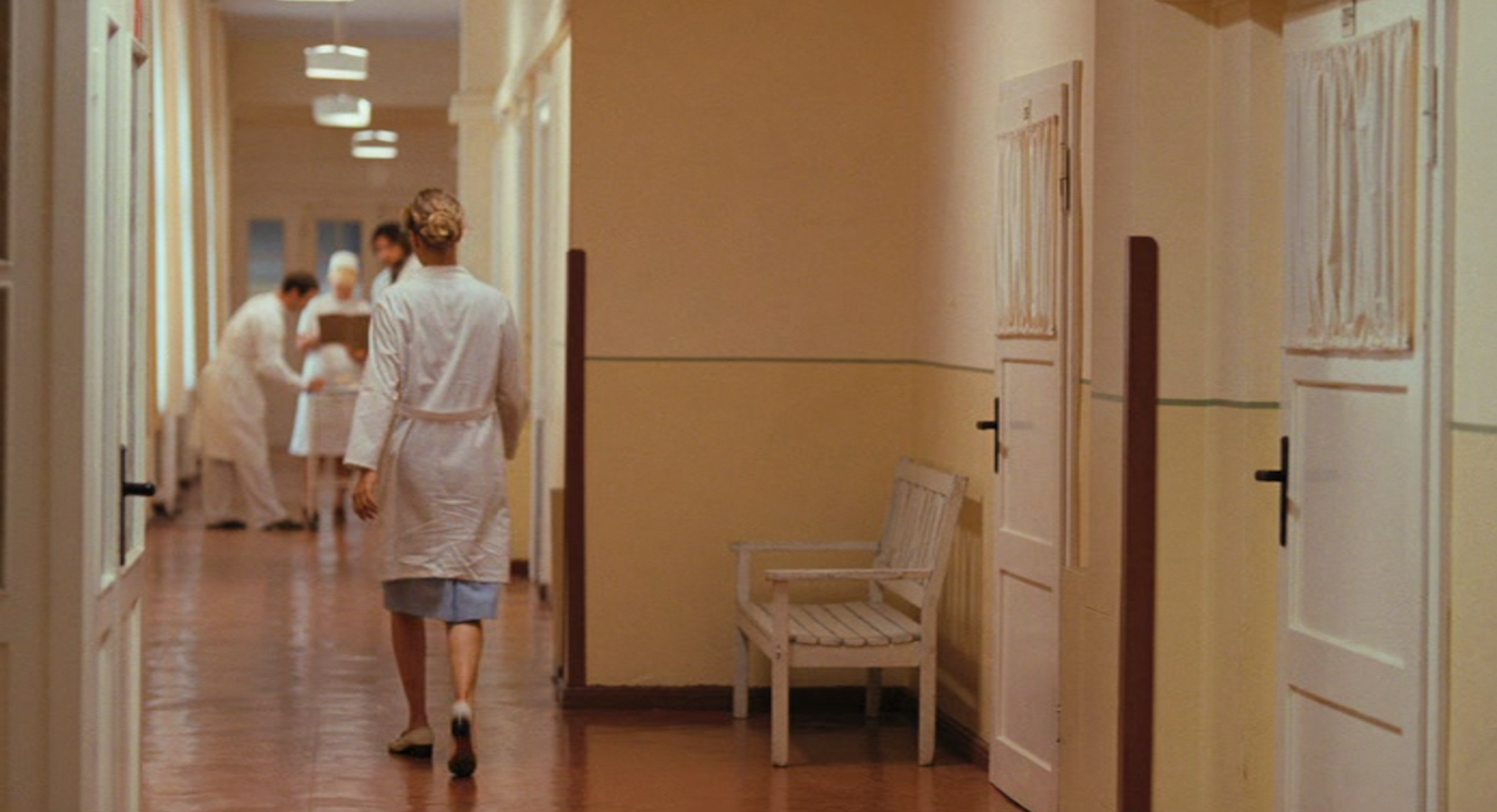
Barbara
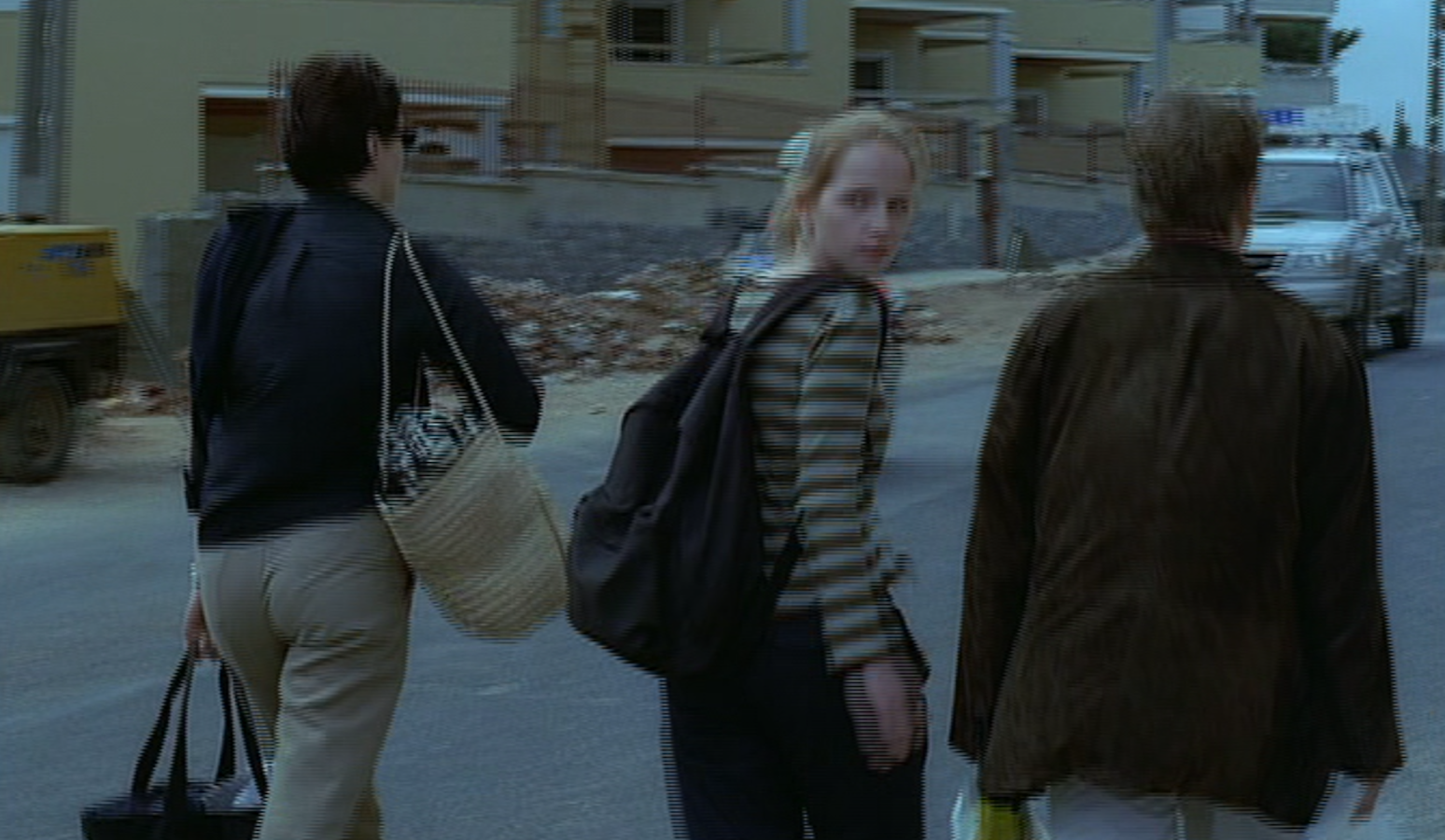
The State I Am In
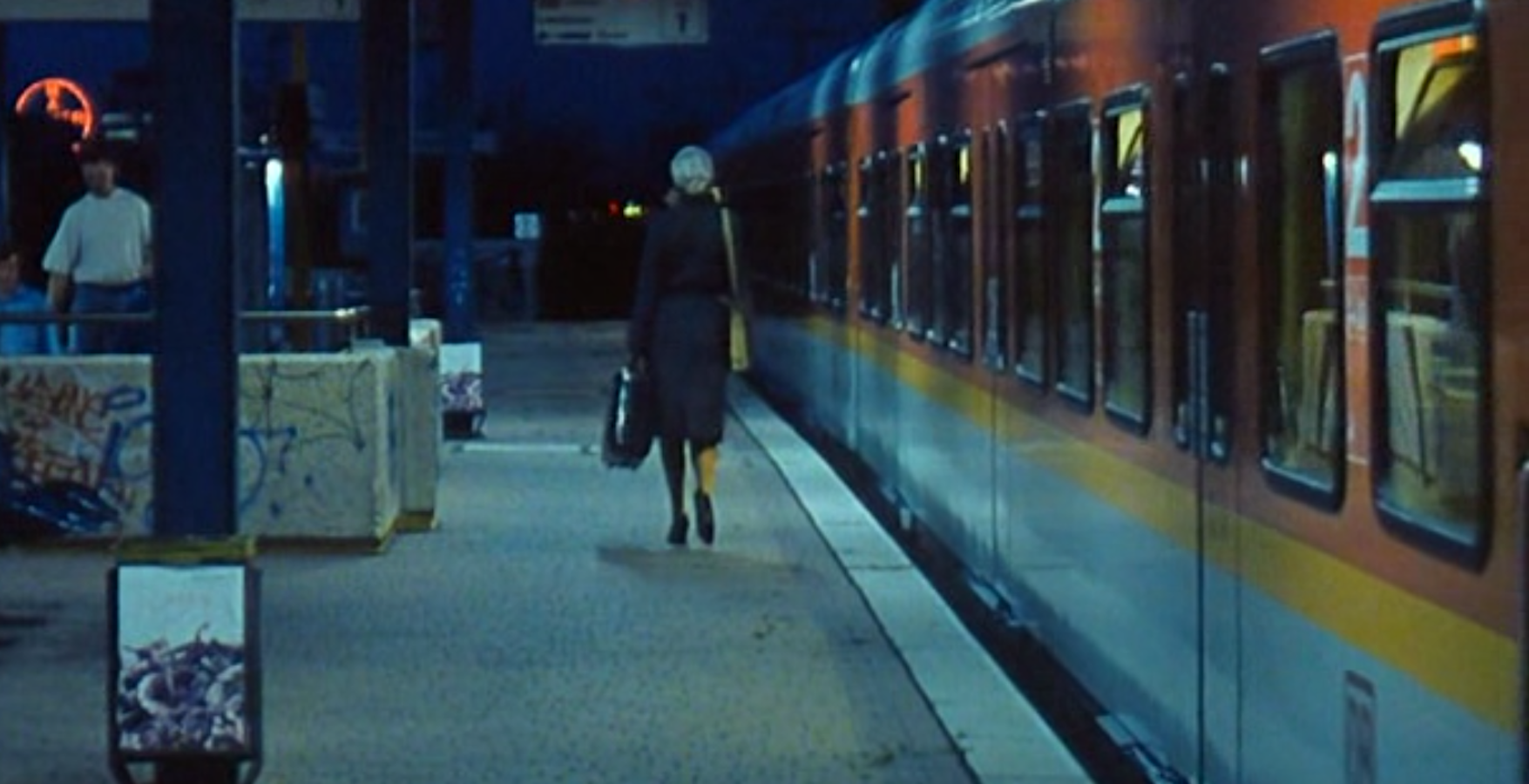
The Sex Thief
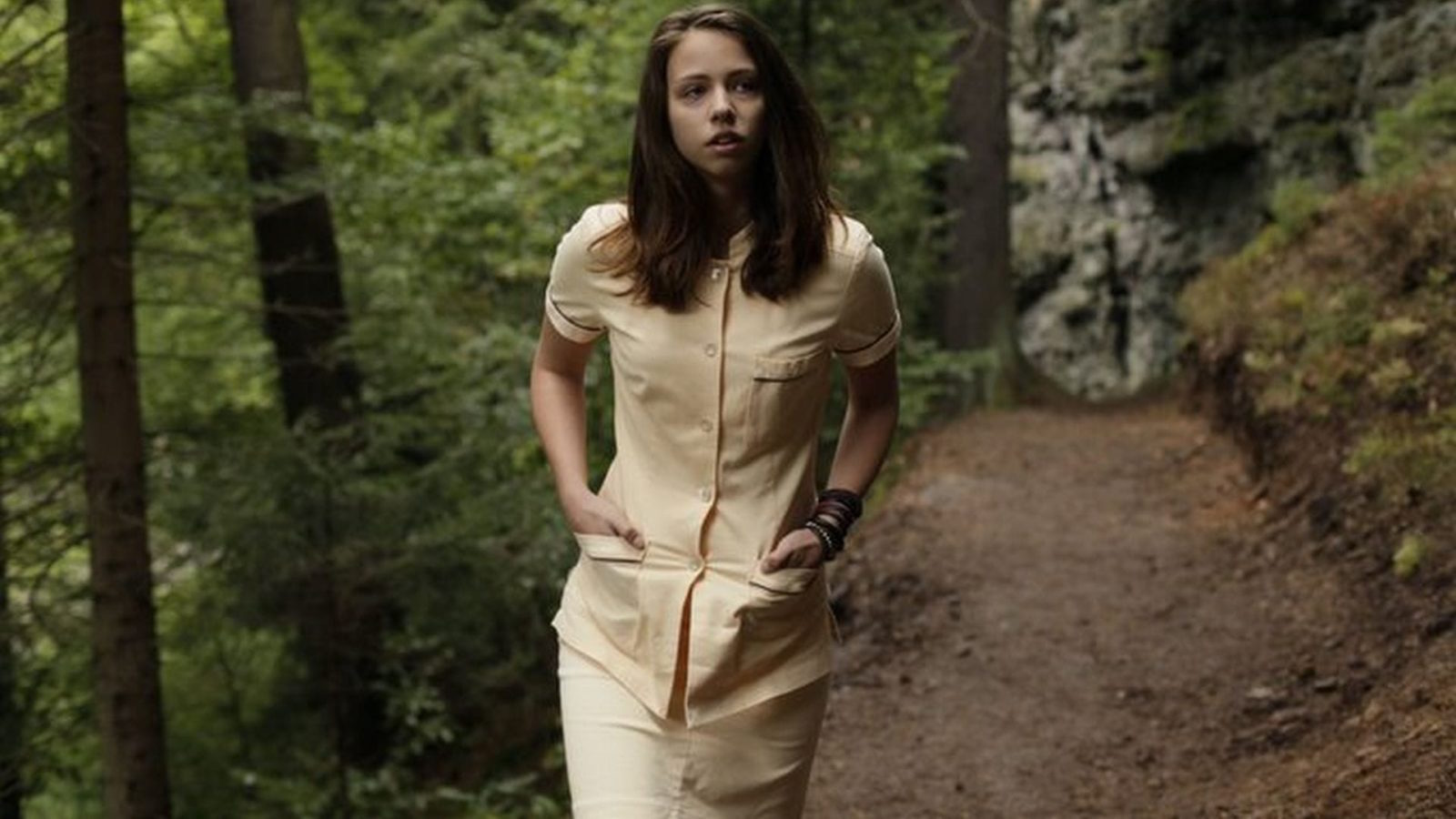
Dreileben: Beats Being Dead
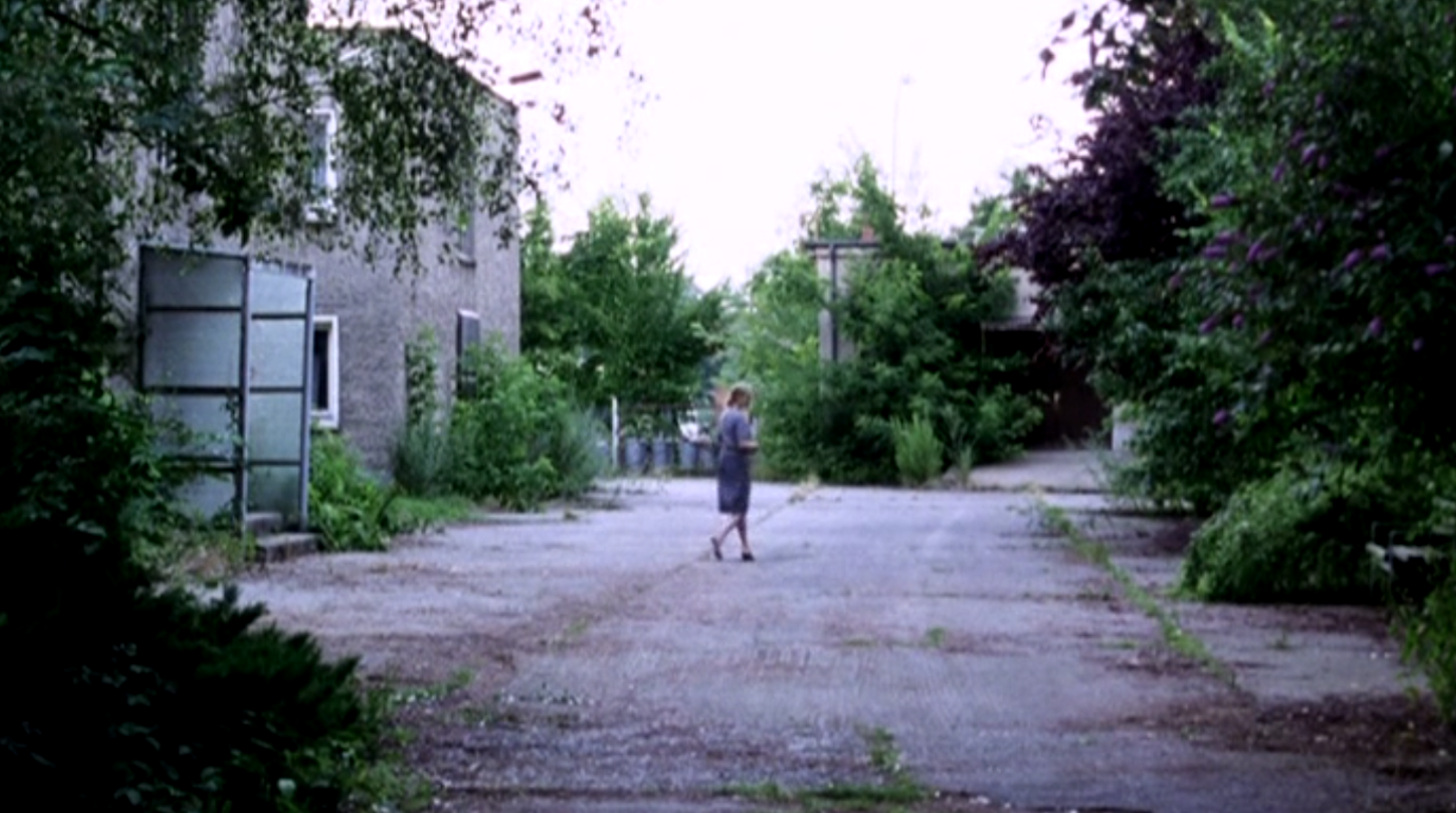
Something to Remind Me

Jerichow
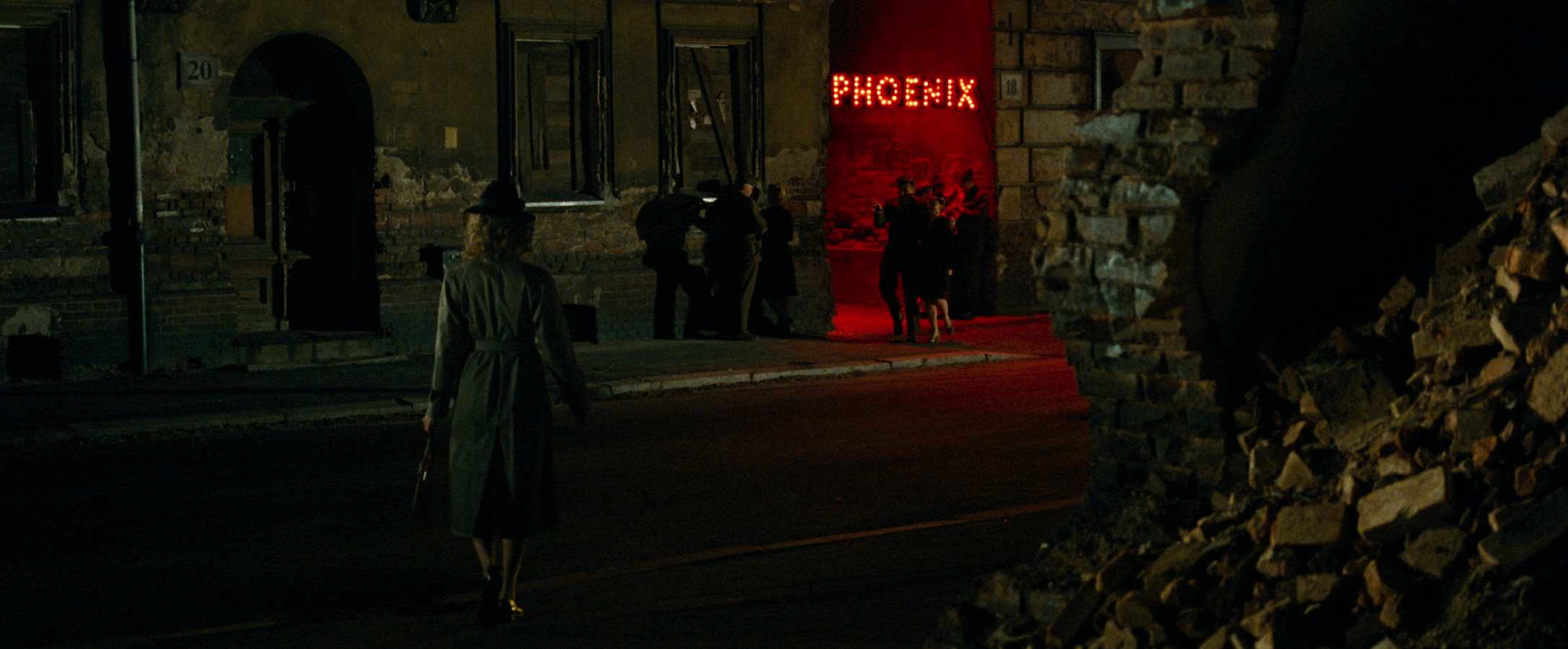
Phoenix